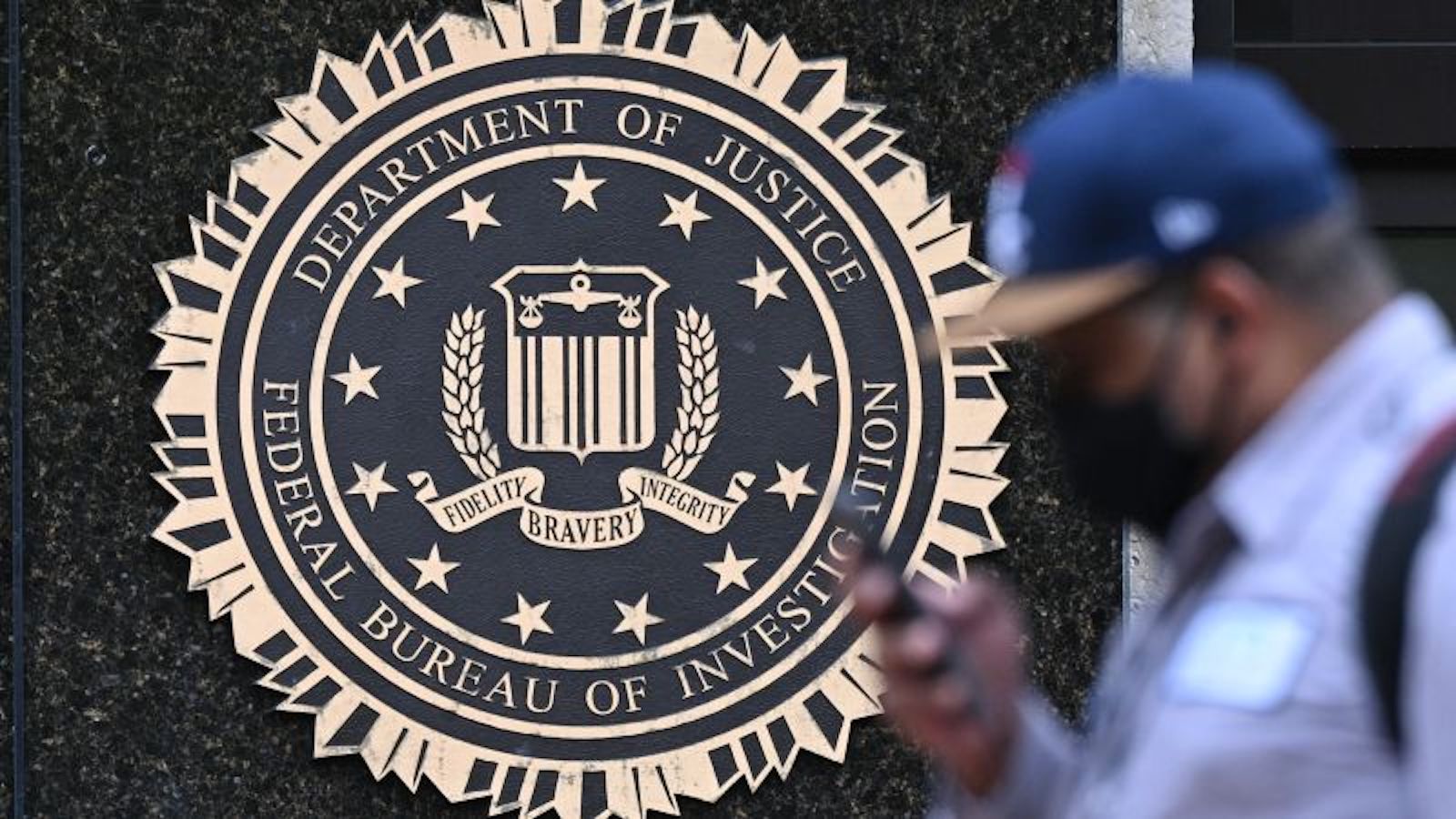(Trends Wide) — A senior FBI official warned secretaries of state across the US on Thursday that Chinese hackers pose a “growing threat” and said their willingness to attack political party infrastructure ahead of the 2022 election It shows that “we could see more significant Chinese cyber activity against their states in the coming year.”
Chinese state-backed hackers are part of “a sea of things that concern us,” Cynthia Kaiser, deputy assistant director of the FBI’s Cyber Division, said at a National Association of Secretaries of State conference in Washington.
In the weeks leading up to the 2022 midterm elections, Chinese hackers scanned the IT systems of US political parties in a possible acknowledgment of tracking hacking, prompting the FBI to inform both parties , Trends Wide and The Washington Post previously reported.
It was not clear if there were compromises of the activity, which may have been the kind of routine spying that state actors typically carry out before elections.
The FBI’s concerns about Chinese cyber espionage come amid broader tensions with Beijing over an alleged Chinese spy balloon that the US military shot down on February 4.
The Chinese embassy in Washington denied Kaiser’s allegations in a statement to Trends Wide on Thursday night.
“We do not encourage, support or conspire with cyber attacks,” the Chinese embassy said in its statement, accusing the US government of running its own hacking campaigns.
Kaiser warned of Chinese hacking in statements to election officials covering potential threats from Russia, Iran and cybercriminals to US state and local networks, including election infrastructure.
The possibility of Russia targeting state and local computer systems remains a “significant concern” for US officials, Kaiser said.
“We have no intelligence that Russia is looking to target state and local or electoral systems more directly than before,” he added. “But we certainly are aware of … the possibility and have a very low threshold for sharing that information.”
The 2022 midterm elections did spark some attempts at foreign meddling, including online influence operations, US officials say, but nothing that would stop people from voting or tamper with their votes.
Internal unrest in Iran and Russia’s war in Ukraine may have distracted Tehran and Moscow from doing more to influence or interfere in the US midterm elections.
The FBI has accused Beijing of having a hacking program larger than all other countries combined. China routinely denies such accusations.
In a separate activity, the US Secret Service in December accused Chinese government-linked hackers of stealing at least $20 million in coronavirus relief from the US government by raiding unemployment insurance funds and loan money. of the Small Business Administration.
The FBI believes that activity was done for the “financial benefit” of the Chinese hackers, Kaiser said Thursday.
“But both things can be true: they can run a campaign because they want to make money, but they can also share that [información] with the Chinese government,” Kaiser told election officials.
(Trends Wide) — A senior FBI official warned secretaries of state across the US on Thursday that Chinese hackers pose a “growing threat” and said their willingness to attack political party infrastructure ahead of the 2022 election It shows that “we could see more significant Chinese cyber activity against their states in the coming year.”
Chinese state-backed hackers are part of “a sea of things that concern us,” Cynthia Kaiser, deputy assistant director of the FBI’s Cyber Division, said at a National Association of Secretaries of State conference in Washington.
In the weeks leading up to the 2022 midterm elections, Chinese hackers scanned the IT systems of US political parties in a possible acknowledgment of tracking hacking, prompting the FBI to inform both parties , Trends Wide and The Washington Post previously reported.
It was not clear if there were compromises of the activity, which may have been the kind of routine spying that state actors typically carry out before elections.
The FBI’s concerns about Chinese cyber espionage come amid broader tensions with Beijing over an alleged Chinese spy balloon that the US military shot down on February 4.
The Chinese embassy in Washington denied Kaiser’s allegations in a statement to Trends Wide on Thursday night.
“We do not encourage, support or conspire with cyber attacks,” the Chinese embassy said in its statement, accusing the US government of running its own hacking campaigns.
Kaiser warned of Chinese hacking in statements to election officials covering potential threats from Russia, Iran and cybercriminals to US state and local networks, including election infrastructure.
The possibility of Russia targeting state and local computer systems remains a “significant concern” for US officials, Kaiser said.
“We have no intelligence that Russia is looking to target state and local or electoral systems more directly than before,” he added. “But we certainly are aware of … the possibility and have a very low threshold for sharing that information.”
The 2022 midterm elections did spark some attempts at foreign meddling, including online influence operations, US officials say, but nothing that would stop people from voting or tamper with their votes.
Internal unrest in Iran and Russia’s war in Ukraine may have distracted Tehran and Moscow from doing more to influence or interfere in the US midterm elections.
The FBI has accused Beijing of having a hacking program larger than all other countries combined. China routinely denies such accusations.
In a separate activity, the US Secret Service in December accused Chinese government-linked hackers of stealing at least $20 million in coronavirus relief from the US government by raiding unemployment insurance funds and loan money. of the Small Business Administration.
The FBI believes that activity was done for the “financial benefit” of the Chinese hackers, Kaiser said Thursday.
“But both things can be true: they can run a campaign because they want to make money, but they can also share that [información] with the Chinese government,” Kaiser told election officials.






